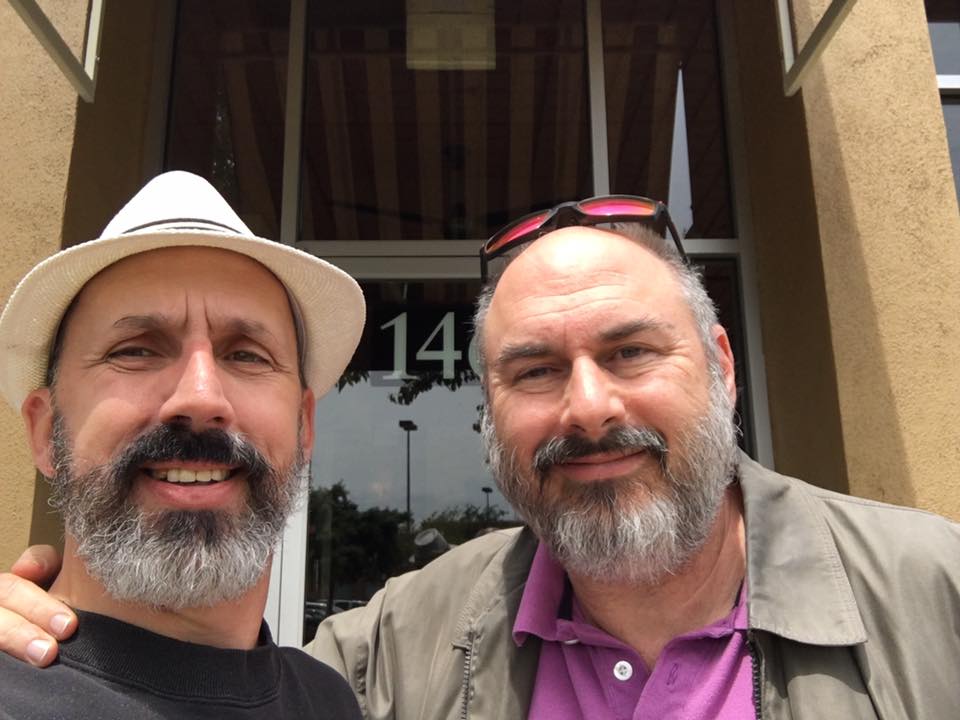Then explain how I'm supposed to interpret your statement.
CBS did not introduce the Guidelines to replace an even more restrictive set of Guidelines. Thus, the Guidelines add only restrictions. They do not actively facilitate art so much as they create hurdles that can be creatively surmounted. Conversely, a lack of restrictions do no prevent creativity even if you argue that they don't actively stimulate it, and it is demonstrably false to say that restrictions don't prohibit some forms of creative expression, especially when the deliberately exclude topics that can be addressed by fan films.
Who said it was "right." I said it was legal and within their legal right to do so.
You specifically said: "Push back against the law rather than just yelling about CBS guidelines. CBS is operating within the law." This doesn't give me the impression you think there is a conversation to be had outside a legal context, but perhaps that's just my interpretation.
I also am of the opinion that morally a person or company is allowed to do what they want with their property.
If I want to criticize your "property" in a review, showing excerpts to prove my point, I'm free to do so. Same if I want to make a parody of it. The same is true if I want to use excerpts from your copyrighted material to teach something. It seems that the law already allows certain uses of copyright without your permission. Is that not also immoral by your own standards? Or is morality always subject to legality?
I would object to someone coming and taking my lawnmower to mow their lawn.
This is basically like saying that making a Star Trek fan film is the moral equivalent of breaking into your house and stealing your Star Trek DVDs. It is not. That isn't to say that all violations of copyright is somehow morally just, but comparing two offenses that are not remotely equivalent just clouds the issue. Your friend pilfering a few of your fries at McDonald's is not the equivalent of that same friend stealing your car from the McDonald's parking lot. No fan film maker is capable of Grand Theft Franchise.
Again, perhaps. Perhaps not. Star Trek fan films have taken on many shapes and forms, and I'm not wholly convinced that "bigger and better" contribute to better fan films.
I think that Batman v. Superman: Dawn of Justice pretty much proves that run length doesn't automatically make a film good, but conversely you can probably list a few films that you love that are over two hours long, so the format itself is not what determines the quality either way. Yes, it can be more difficult to make longer films for many reasons, but preventing people from even trying because it's supposedly for their own good is just patronizing.
I've seen the outcome of that in the Star Wars fan community. The result is infighting and failed productions and a lot of resources wasted.
I'm not familiar with the goings on of that particular community, but would restricting run lengths in this case actually fix a real problem, or would it just mask the real problem by lowering the stakes to the point where people can sort of put up with the problem?
There's a joke that Dr. Crusher once told in the episode "Brothers":
You heard the old story about the man who goes to his doctor? He says: "It hurts when I raise my arm like this!" The doctor says: "So don't raise your arm like that!"
The problem I always had with this joke is that, even if you don't "raise your arm like that", there's still probably a problem with your arm. I feel the same logic applies here. Perhaps it's just a matter of giving the community time to figure out its own problems.
No, it literally is. You just have to read the whole thread.
Your arguments here are the same presented in the other thread. That many many many other people, including myself, responded to.
The burden is on you to make an argument, not on me to find one for you. If you actually had an argument, you'd quote it directly rather than trying to make me look for it over 1703 pages. Not to mention the fact that causal readers of this thread are certainly not going to spend any time searching that thread to figure out what you mean.
@Maurice, though I may not agree with some of the things you say, I do very much appreciate the time you take to carefully and thoughtfully articulate your arguments and point of view.
Didn't stop George Lucas when he couldn't get the rights to Flash Gordon, right?
And when Miyamoto couldn't get the rights to Popeye he made Donkey Kong instead.
Actually, Universal sued Nintendo over the trademark for King Kong. Nintendo won because the judge decided that Universal didn't actually have a legitimate trademark, and that it knew this going into the trial. Nintendo won millions in damages as a result. So it's really a story about copying something in the public domain.
And, honestly, even the bad films I've seen come out of these contents are often better than many of the fanfilms I've suffered through.
What you talk about sounds like a lot of fun, but to be fair, you're still describing a situation where everyone who entered knew what they were getting into and chose to be there.
And
@Matthew Raymond - come on already. Nothing says you can't pay real live electricians, etc. IIRC to get it done properly.
Guideline #6:
The fan production must be a real “fan” production, i.e., creators, actors and all other participants must be amateurs, cannot be compensated for their services, and cannot be currently or previously employed on any Star Trek series, films, production of DVDs or with any of CBS or Paramount Pictures’ licensees.
Does CBS care if you use a professional electrician? Probably not, but that doesn't mean that the most people reading the Fan Film Guidelines for the first time actually know that. People shouldn't have to hunt for a particular podcast to find out if CBS really means what they say in a Guideline or just sorta mean it, wink wink.
And I'm sure no one will starve without craft services, either.
Depends on the situation. If you're two blocks from a supermarket, of course not. If you've gone a long hike into a national park and many of the cast and crew members don't have their own cars, it might be a different story, especially on an all-day shoot. In that situation, people could literally die of heat stroke. (Of course, that's an extreme example, but it's based on some of the things I've heard about a film made by Channel Awesome.)
But if certain risks can be eliminated, then that is only to the good for the pros.
No argument here.
I'm not saying these are death traps, either.
Again, I think this is largely an issue of circumstances. If you're filming everything in front of a green screen using standard room lights, the most dangerous thing to your cast and crew is probably going to be a little wet spot on the restroom floor tile. If you're using an elaborate, multi-level set, you'd be out of your mind not to use a real carpenter. Some simple choices about your set could make a lot of difference, safety-wise, so it's possible to eliminate safety risks with some creative thinking.
 so a segment of the producers still see creative room to, well, create.
so a segment of the producers still see creative room to, well, create. so a segment of the producers still see creative room to, well, create.
so a segment of the producers still see creative room to, well, create.
 I worked in the game biz for 20 years, handled all the classic game IP for Namco's mobile group, once got drunk with the creator of PAC-MAN, know the guy who made Pong, and did two depositions about Ms. PAC-MAN during an arbitration. So I generally know my stuff in this dept.
I worked in the game biz for 20 years, handled all the classic game IP for Namco's mobile group, once got drunk with the creator of PAC-MAN, know the guy who made Pong, and did two depositions about Ms. PAC-MAN during an arbitration. So I generally know my stuff in this dept.
